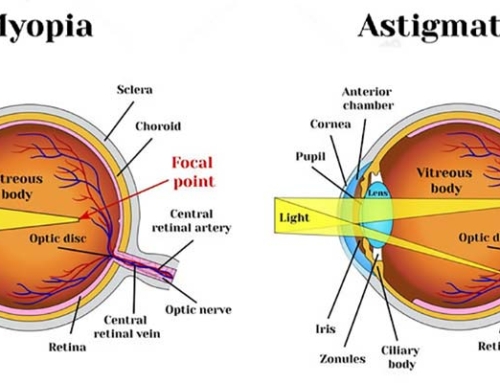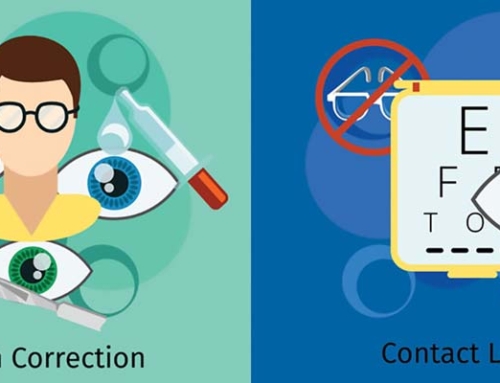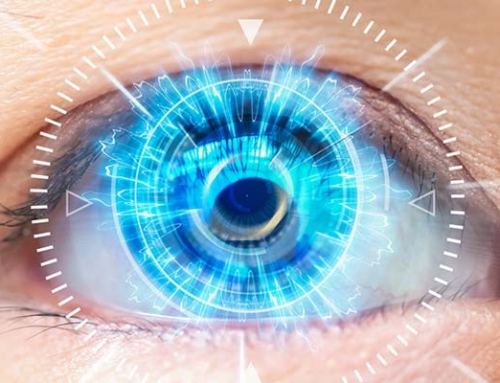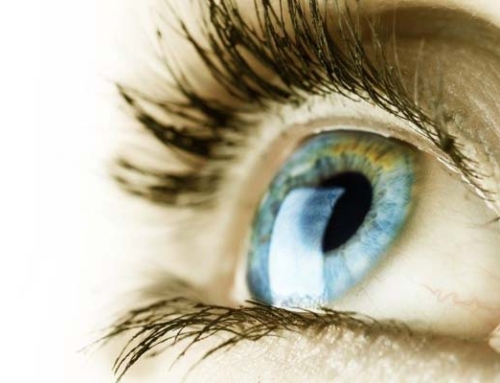As adults, we may be perfectly aware of our vision. We know what to expect from our eyes, so when they get in the way of simple, daily tasks, like reading and writing, we can spot the difference. However, for our children, they seldom know their eyesight may be standing in the way of their academic excellence.
Roughly 80% of children learn information visually. Typically, when children mature into young adulthood, this is when they gain the ability to learn on a much more auditory, tactile level. However, for those primary years, visual learning is key.
When children suddenly begin to struggle in school, nearsightedness, farsightedness, and even astigmatism could be the culprit, not being able to see inhibits a child’s academic performance and makes learning more difficult. To explore how we can protect our children’s eyesight and to help them engage in the classroom, let’s first look at common learning-related vision issues and then examine steps to getting our children seeing better and learning easier.
Problems and Learning-Vision Issues
Your child won’t be able to tell you what they may be experiencing, especially if they suddenly are unable to comprehend the world around them. Spotting the warning signs can help you notice when it’s time to take your child to an eye care specialist. Watch out for:
- Signs of a headache or tension.
- A sudden disinterest in reading.
- Excessive rubbing of the eyes, blinking or fidgeting with the face.
- A difficulty with recalling information or remembering read material.
- Below average hand-eye-coordination.
- Complaints of double vision or unclear vision.
If any of these symptoms occur, it could signal functional, perceptual, or even refractive problems with the eyes.
Solutions to Restoring Eyesight to Aid Your Student
Eyecare specialists such as Optometrist can perform eye exams, identify the disease, prescribe medication or even corrective solutions, all of which can confirm and solve your child’s visual learning issues.
Again, Children may not be able to fully articulate their experience to a medical professional, so try to help them describe what’s going on prior to the appointment. It is appropriate for you or your eye care professional to ask:
- What attracts your child’s attention?
- Is your child sensitive to light?
- When they reach, do they seem too close or too far from an object?
- Does your child struggle with balancing or standing still?
- Does your child wobble or move their head consistently?
These questions will help prepare you and your child for the appointment so that your eye care specialist can get to the root of the matter promptly.
Through corrective eyewear, treatments, or possibly surgery, consulting your eye care specialist is the first step. When the symptoms begin to develop, it is important to turn to an eye care specialist to help diagnose and treat any eye turn, lazy eye or other visual conditions.
If you think your child’s vision isn’t what it used to be, do not hesitate to reach out to us. As your eyecare specialists, we will help get your child seeing their future as bright and shiny as ever






